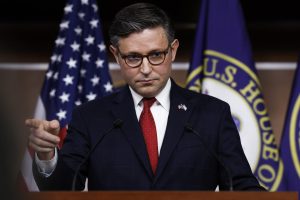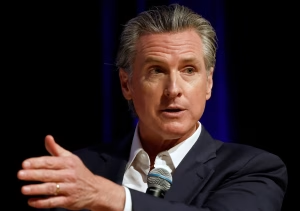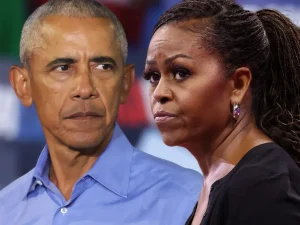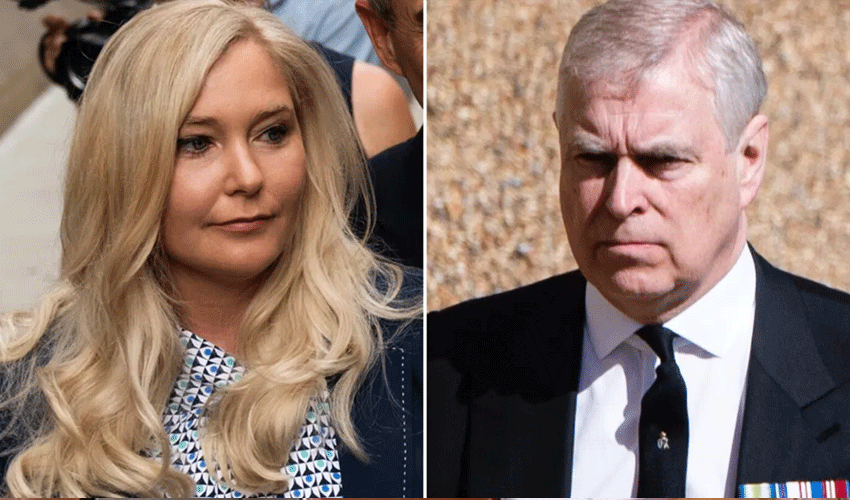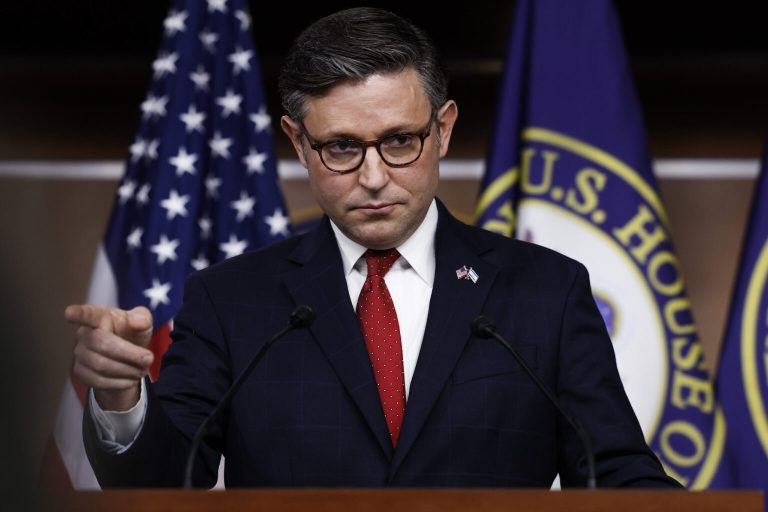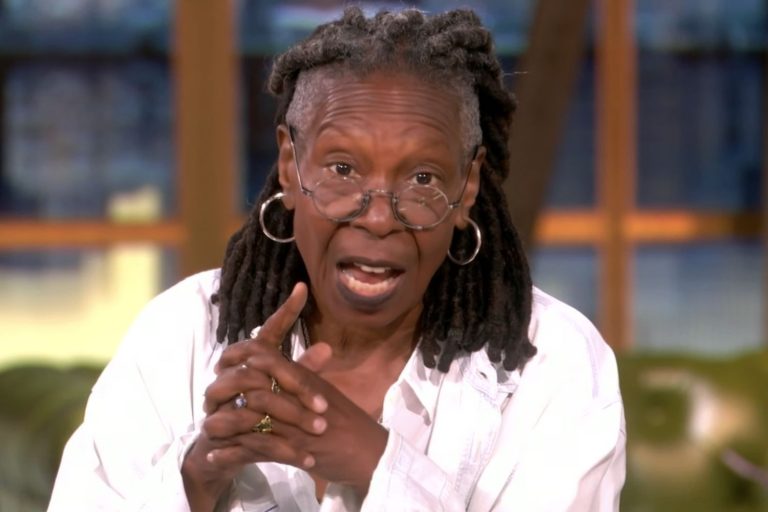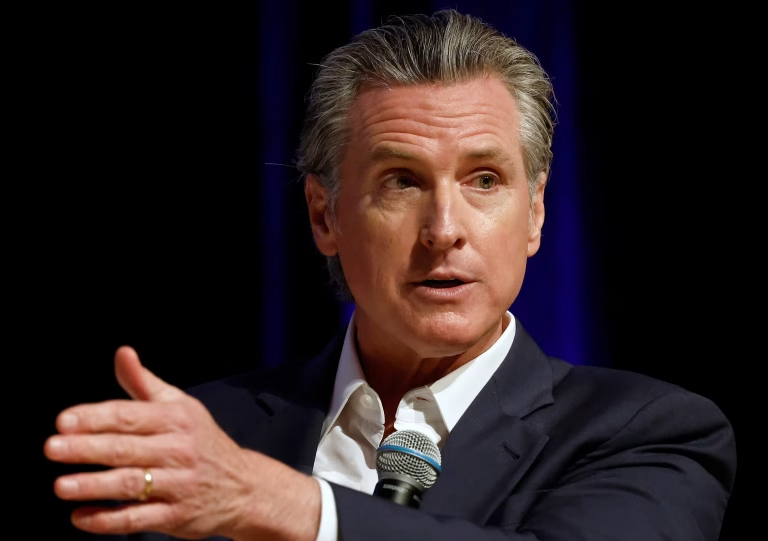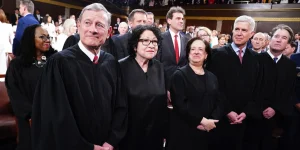Prince Andrew has announced that he will relinquish his remaining royal titles and honours following renewed scrutiny over his association with the late financier Jeffrey Epstein. The move comes as the family of Virginia Giuffre — who accused the Duke of York of sexual assault — described the decision as “vindication” for survivors of abuse.
The Duke’s announcement marks one of the most significant steps taken by a senior member of the British Royal Family in modern times, reflecting years of public and legal pressure linked to the Epstein scandal. Buckingham Palace confirmed the change after discussions between the King and the Duke earlier this week.
A formal statement from the Duke
In a written statement, Prince Andrew said:
“In discussion with The King, and my immediate and wider family, we have concluded the continued accusations about me distract from the work of His Majesty and the Royal Family.
I have decided, as I always have, to put my duty to my family and country first. I stand by my decision five years ago to stand back from public life.
With His Majesty’s agreement, we feel I must now go a step further. I will therefore no longer use my title or the honours which have been conferred upon me.
As I have said previously, I vigorously deny the accusations against me.”
The decision means that the Duke will no longer publicly use the style “His Royal Highness” or his associated honours. However, under UK law, the dukedom itself cannot be removed without an Act of Parliament, meaning he will technically remain the Duke of York.
Background to the controversy
Prince Andrew’s public role has been under sustained scrutiny since 2019, following the arrest and subsequent death of Jeffrey Epstein, a convicted sex offender who was charged with trafficking and abusing minors. Epstein died by suicide in a Manhattan jail that August while awaiting trial on new federal charges.
The Duke’s association with Epstein — and with Ghislaine Maxwell, Epstein’s close associate who was later convicted of sex trafficking — prompted widespread criticism and questions about his judgment.
Virginia Giuffre, one of Epstein’s most prominent accusers, alleged that she was trafficked by Epstein and Maxwell to have sex with Prince Andrew when she was 17. The Duke has consistently denied the allegation.
In 2021, Giuffre filed a civil lawsuit against Andrew in the United States, alleging sexual assault and battery. The case was settled out of court in early 2022 for an undisclosed sum, without any admission of wrongdoing by the Duke.
Following that settlement, Buckingham Palace announced that the Duke would continue not to undertake public duties and would no longer use his “His Royal Highness” title in any official capacity. However, until now, he retained his military and royal honours, which he has now agreed to relinquish.
Giuffre’s family responds
The announcement coincides with the release of a posthumous memoir by Virginia Giuffre, titled Nobody’s Girl: A Memoir of Surviving Abuse and Fighting for Justice, published earlier this week.
Giuffre, who died by suicide in April at her home in Australia at the age of 41, describes in the book how she met Prince Andrew in 2001, when she says she was pressured by Ghislaine Maxwell to “do for him what you do for Jeffrey.”
In the memoir, she recalls Maxwell telling her the following morning: “You did well. The prince had fun.” Giuffre claimed that Epstein paid her $15,000 after the encounter.
In a statement issued on 17 October, Giuffre’s family said:
“We, the family of Virginia Roberts Giuffre, believe that Prince Andrew’s decision to give up his titles is vindication for our sister and survivors everywhere.
This decisive action is a powerful step forward in our fight to bring Jeffrey Epstein and Ghislaine Maxwell’s child sex-trafficking network to justice.”
They added that they hoped the move would “help shift the focus back to the victims and to accountability for those who enabled abuse.”
Royal titles and honours affected
The Duke’s decision affects several of his ceremonial roles and distinctions. He will no longer use:
-
His title as Knight Grand Cross of the Royal Victorian Order (GCVO)
-
His status as a Royal Knight Companion of the Most Noble Order of the Garter
The BBC understands that the King approved the decision after discussions with other senior members of the Royal Family. The Palace is not expected to comment further.
Although the Duke will cease using his titles and honours, he will retain his residence at Royal Lodge in Windsor and remains eighth in line to the throne.
Sarah, Duchess of York — his former wife — will also no longer use her duchess title in public capacities, though their daughters, Princess Beatrice and Princess Eugenie, will continue to hold their royal titles.
Legal and reputational fallout
Prince Andrew’s ties to Epstein have had lasting effects on his public and private life. His 2019 interview with BBC Newsnight, intended to address the allegations, was widely criticised and led to his immediate withdrawal from public duties.
In that interview, he denied ever meeting Giuffre and claimed he had “no recollection” of the events she described. He also said he had “let the side down” by staying at Epstein’s home after the financier’s initial conviction in 2008.
The settlement with Giuffre in 2022 reportedly included a significant financial payment, but its terms remain confidential. Legal experts at the time noted that the agreement avoided a public trial that could have further damaged the monarchy’s reputation.
While the Duke has not been charged with any crime, the allegations have continued to follow him, and he remains a central figure in discussions of the broader Epstein network. Ghislaine Maxwell, currently serving a 20-year prison sentence in the U.S., has also denied Giuffre’s claims about facilitating her encounters with the prince.
Broader implications
The move to give up his titles has been interpreted by royal observers as an effort by the monarchy to close a long-running and damaging chapter. The Royal Family has sought to maintain focus on official duties and the King’s public agenda, especially amid recent controversies involving other members of the family.
Royal historian Sarah Gristwood told the BBC:
“It’s an unprecedented moment — a senior royal voluntarily stepping back from every remaining title and honour. It signals how serious the Palace considers the reputational damage of this case, even years after the initial allegations.”
While public reaction has been mixed, opinion polls in the UK have consistently shown low levels of support for the Duke’s return to any form of royal work. Some have praised his decision as overdue accountability; others see it as a symbolic gesture that does little to change the underlying concerns about royal privilege and responsibility.
A story still unfolding
Prince Andrew’s statement emphasised his ongoing commitment to clearing his name, but it also suggested a final acceptance that his public role is unlikely to be restored. The Duke’s friends have told British media that he intends to “live quietly” and focus on family life.
Giuffre’s family, meanwhile, has reiterated that their priority remains broader accountability for Epstein’s network and recognition for victims of sexual exploitation. They said that, while Andrew’s decision marked progress, “there is still much work to be done to ensure that no survivor feels unheard or forgotten.”
As the monarchy navigates the aftermath, the case continues to raise questions about accountability, privilege, and justice — themes that have shadowed the institution for years.

Emily Johnson is a critically acclaimed essayist and novelist known for her thought-provoking works centered on feminism, women’s rights, and modern relationships. Born and raised in Portland, Oregon, Emily grew up with a deep love of books, often spending her afternoons at her local library. She went on to study literature and gender studies at UCLA, where she became deeply involved in activism and began publishing essays in campus journals. Her debut essay collection, Voices Unbound, struck a chord with readers nationwide for its fearless exploration of gender dynamics, identity, and the challenges faced by women in contemporary society. Emily later transitioned into fiction, writing novels that balance compelling storytelling with social commentary. Her protagonists are often strong, multidimensional women navigating love, ambition, and the struggles of everyday life, making her a favorite among readers who crave authentic, relatable narratives. Critics praise her ability to merge personal intimacy with universal themes. Off the page, Emily is an advocate for women in publishing, leading workshops that encourage young female writers to embrace their voices. She lives in Seattle with her partner and two rescue cats, where she continues to write, teach, and inspire a new generation of storytellers.
